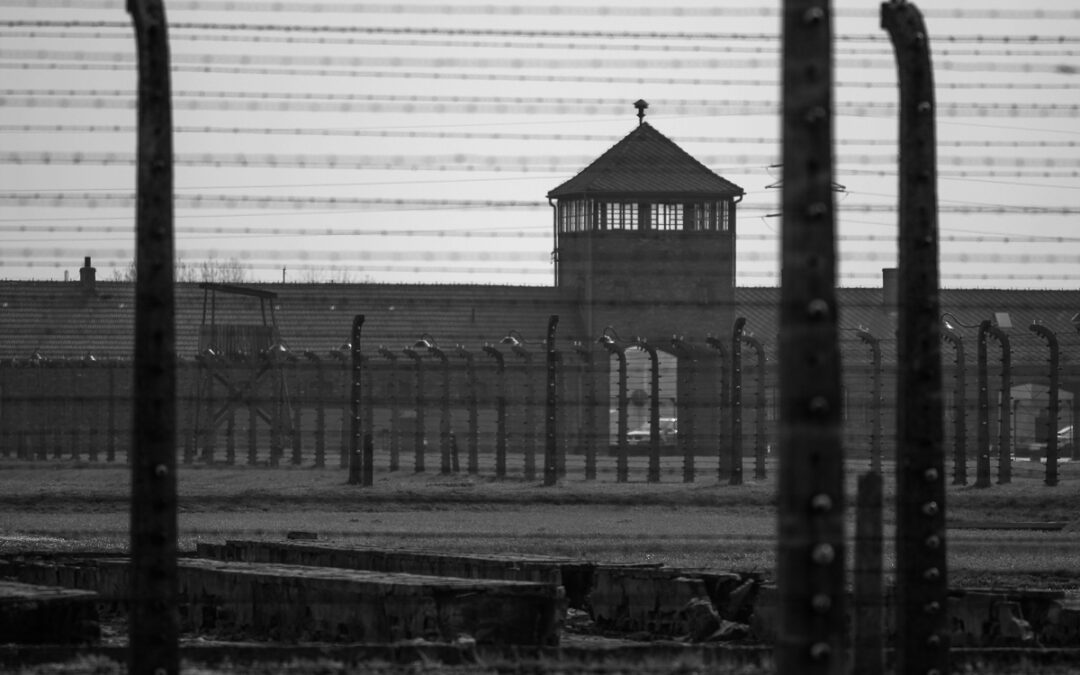Poland has welcomed a new UN resolution condemning denial and distortion of the Holocaust, which includes a number of amendments proposed by Warsaw.
Among the changes made at Poland’s request is the inclusion in the definition of Holocaust distortion and denial of “attempts to blur responsibility for the establishment of concentration and death camps devised and operated by Nazi Germany by putting blame on other nations or ethnic groups”.
Poland has long fought a battle against false suggestions that Poles were responsible for the camps, many of which were established by Nazi Germany on occupied Polish territory. In particular, it has campaigned to prevent use of the term “Polish camps” to describe them.
Other amendments suggested by Poland include a passage honouring the courage of “resistance movements, as well as all those who resisted the Nazis, and who protected or sought to rescue those who were in danger”, reports the Polish Press Agency (PAP).
Unlike other territories occupied by Nazi Germany during the war, Poland had no collaborationist authorities. Instead, the largest resistance movement in occupied Europe emerged there.
Poland’s Home Army – as well as its exiled government in London – were involved in efforts to raise awareness of the unfolding Holocaust and to help Jews – for example through Żegota, an underground organisation that provided aid to Jews.
Today’s Polish government has been keen to accentuate these efforts made during the war to help Jews. However, critics have accused them of, at the same time, seeking to whitewash crimes committed by a significant number of individual Poles against Jews during the Holocaust.
According to PAP, other parts of the text proposed by Poland include mentioning that, alongside the Holocaust, the “killing of millions of members of other nationalities” took place, and commending countries that “have actively engaged in preserving [Holocaust] sites”.
During the war, Poland saw around 17% of its pre-war population killed, a higher proportion than any other state. Of the six million Polish citizens killed, around half were Jews. Today’s Poland is also host to the greatest number of Holocaust sites, including former camps such as Auschwitz, Treblinka and Bełżec.
“Next to the Jewish people, we, the Poles, took upon ourselves a special duty to help preserve the memory of the Holocaust,” said Krzysztof Szczerski, Poland’s permanent representative to the UN, during yesterday’s General Assembly meeting.
“Fighting and preventing Holocaust denial has a special importance for Poland,” he continued. “Among the millions of Jewish victims exterminated as a result of the implementation of murderous antisemitic ideology of German Nazism, three million were Polish citizens.”
“The Poles stood to fight against German occupation,” said Szczerski. “Many risked their lives to rescue Jewish victims and to alarm the world about the truth of the Holocaust.”
💬"Next to the Jewish people, we – the Poles, took upon ourselves a special duty to help preserving the memory of #Holocaust. The Poles stood to fight against German occupation. Many risked their lives to rescue Jewish victims and to alarm the world about the truth of Holocaust." pic.twitter.com/etz6mnRqIX
— Poland in the UN (@PLinUN) January 20, 2022
Main image credit: Mariusz Cieszewski/MFA (under CC BY-ND 2.0)

Daniel Tilles is editor-in-chief of Notes from Poland. He has written on Polish affairs for a wide range of publications, including Foreign Policy, POLITICO Europe, EUobserver and Dziennik Gazeta Prawna.




















